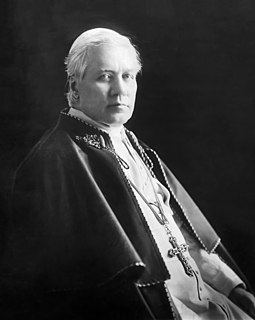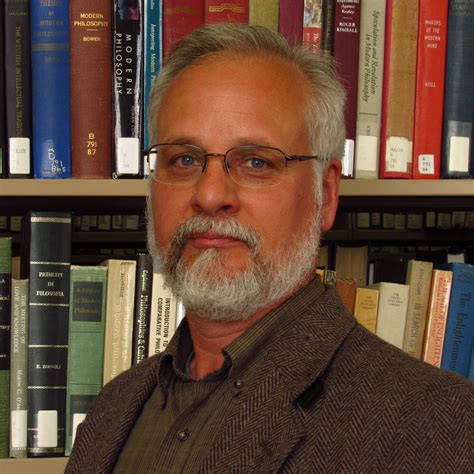A Quote by Rollo May
Neither Kierkegaard nor Nietzsche had the slightest interest in starting a movement – or a new system, a thought which would indeed have offended them. Both proclaimed, in Nietzsche's phrase, Follow not me, but you!
Related Quotes
What is courage? This courage will not be the opposite of despair. We shall often be faced with despair, as indeed every sensitive person has been during the last several decades in this country. Hence Kierkegaard and Nietzsche and Camus and Sartre have proclaimed that courage is not the absence of despair; it is, rather, the capacity to move ahead in spite of despair.
where Nietzsche's response to the equation of socialism and morality was to question the value of morality, at least as it had been customarily understood, economists like Mises and Hayek pursued a different path, one Nietzsche would never have dared to take: they made the market the very expression of morality.
...the great movement of apostasy being organized in every country for the establishment of a One-World Church which shall have neither dogmas, nor hierarchy, neither discipline for the mind, nor curb for the passions, and which, under the pretext of freedom and human dignity, would bring back to the world (if such a Church could overcome) the reign of legalized cunning and force, and the oppression of the weak, and of all those who toil and suffer. [...] Indeed, the true friends of the people are neither revolutionaries, nor innovators: they are traditionalists.
When one read's Kierkegaard's profound analyses of anxiety and despair or Nietzsche's amazingly acute insights into the dynamics of resentment and the guilt and hostility which accompany repressed emotional powers, one might pinch oneself to realize that one is reading works written in the last century and not some new contemporary psychological analysis.
I rather shared Nietzsche's conception of the kind of individual that an ideal education should be cultivating. 'Authenticity' is not Nietzsche's term, but as used by some existentialists, it nicely captures what Nietzsche admired - the resolve of an individual person to forge his or her own 'table of values', to be emancipated from strait-jacketing conventions, traditions, and ideologies. As embodied in the 'Overman', authenticity is the antidote to 'bad' nihilism.
Stirner and Nietzsche [adopt] a mode of thinking which is personal, introspective, and which while often operating on alternative systems of belief and action does so only as a means of better grasping one dominant goal the patterns of individual redemption. Stirner and Nietzsche are not primarily interested in critique as such. ... Their work is too egoistically compelled for them ever to employ the external world as more than the repository for a series of projections of their own.
The trouble with being a secular humanist is that we don't have a congregation. We don't meet so it's a very flimsy tribe, but there's a wonderful quotation from Nietzsche. Nietzsche said, Only a person of deep faith can afford the luxury of skepticism. Something perfectly is going on. I do not doubt it, but the explanations I hear do not satisfy me.




































